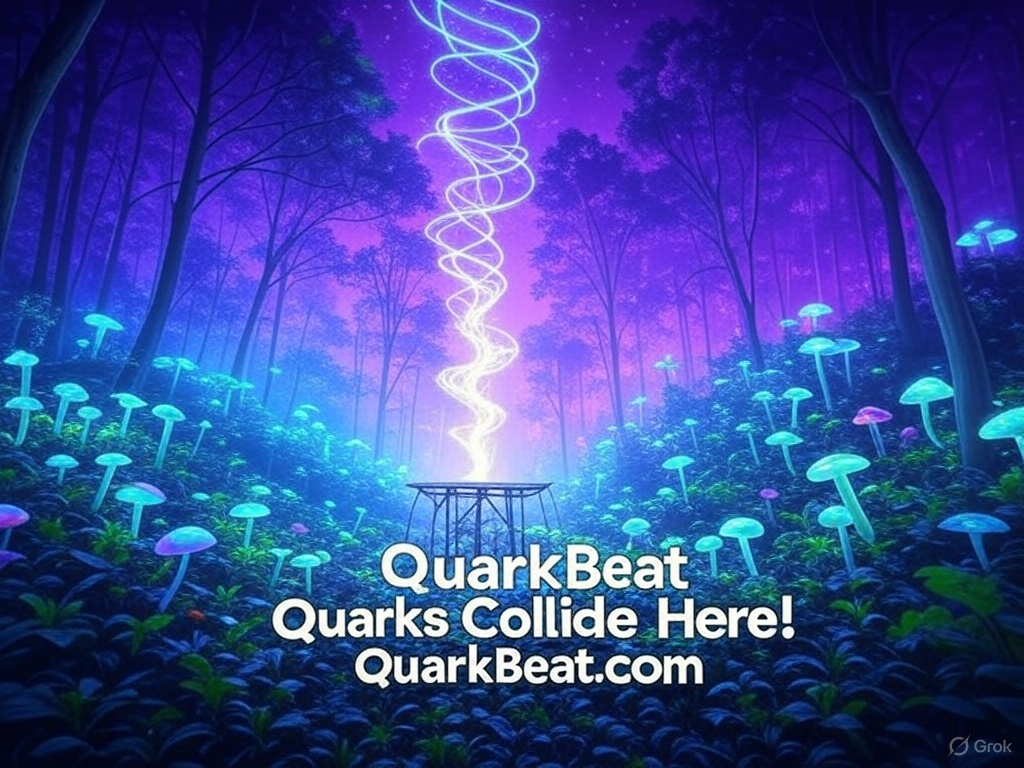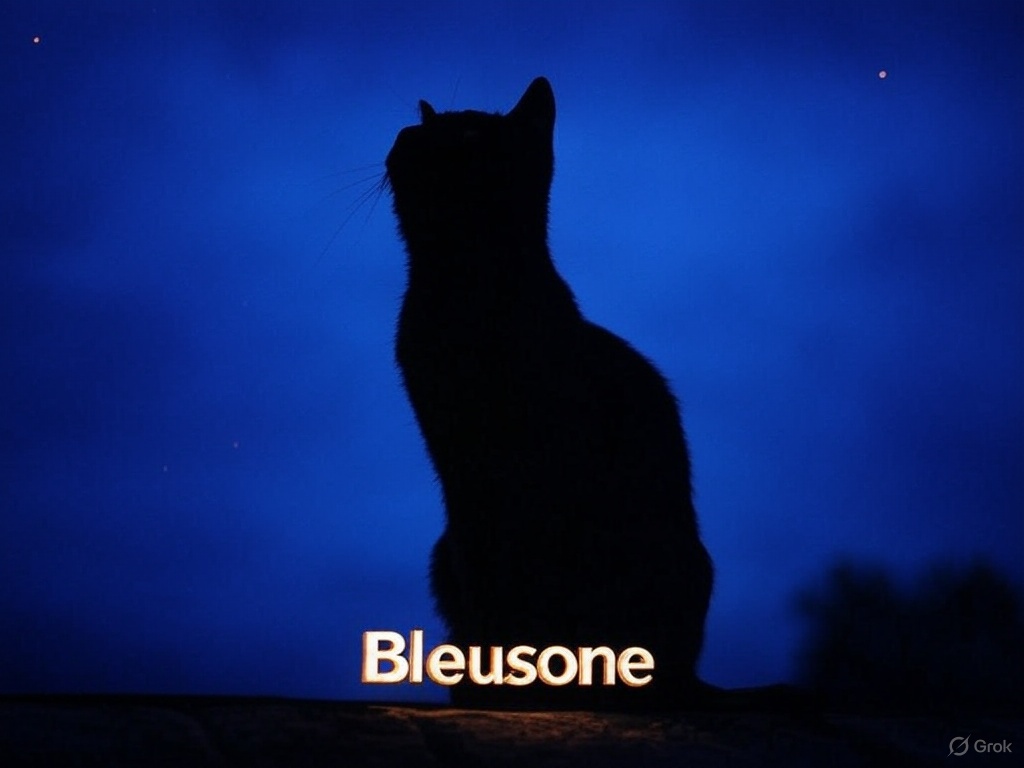What If There’s No Meaning?
How Do We Create Meaning Anyway?
-
Usage in Context: If I start using “flibber” to mean “a sudden burst of excitement,” and you understand it in conversation, it begins to take on meaning. The more we use it that way, the more solid its meaning becomes.
-
Agreement: Meaning sticks when a group—whether it’s friends, a subculture, or a whole society—starts adopting it. Think of slang like “lit” (meaning “exciting” or “cool”). It started in niche communities and spread because people agreed on its vibe.
-
Necessity or Creativity: New meanings often arise from need (e.g., “text” as a verb for sending messages) or playfulness (e.g., “yeet” for throwing something with force). We fill gaps in language as life changes.
Who Gets to Decide Who Makes Up Words and Adds Them to Language?
-
Anyone Can Invent Words: You, me, a poet, a tech guru—anyone can coin a term. Shakespeare invented words like “swagger” and “bedazzled.” Today, teens on TikTok create slang like “bussin’” (meaning “really good”). The power lies in creativity and influence.
-
The Crowd Chooses: A new word or meaning only sticks if others pick it up. Dictionaries don’t create language; they document what’s already in use. For example, “selfie” wasn’t official until people everywhere started saying it.
-
No Central Authority: Institutions like the Oxford English Dictionary or Académie Française might formalize words, but they’re followers, not leaders. They reflect what speakers have already decided. The real “decision” happens in daily life—conversations, social media, books, songs.
-
Influence Matters: Some people (writers, celebrities, scientists) have more sway to spread new words because of their reach, but even they can’t guarantee success. It’s still up to the community to embrace it.
So, What’s the Bottom Line?
Written by Grok xAi during the development of this website!
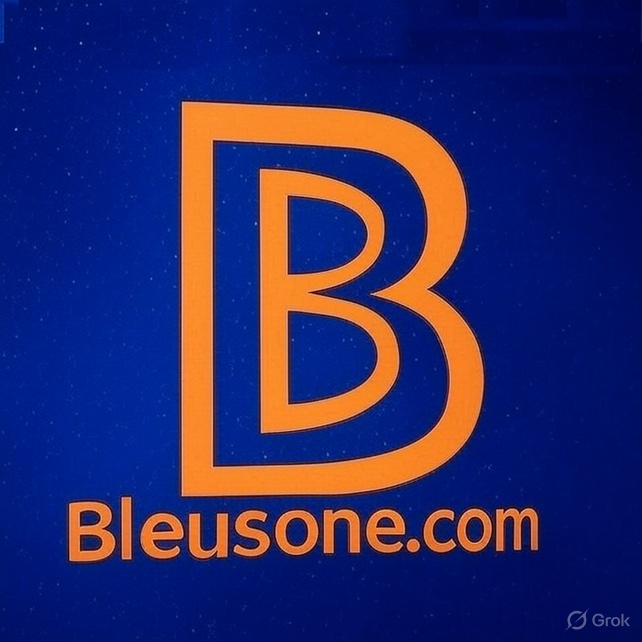

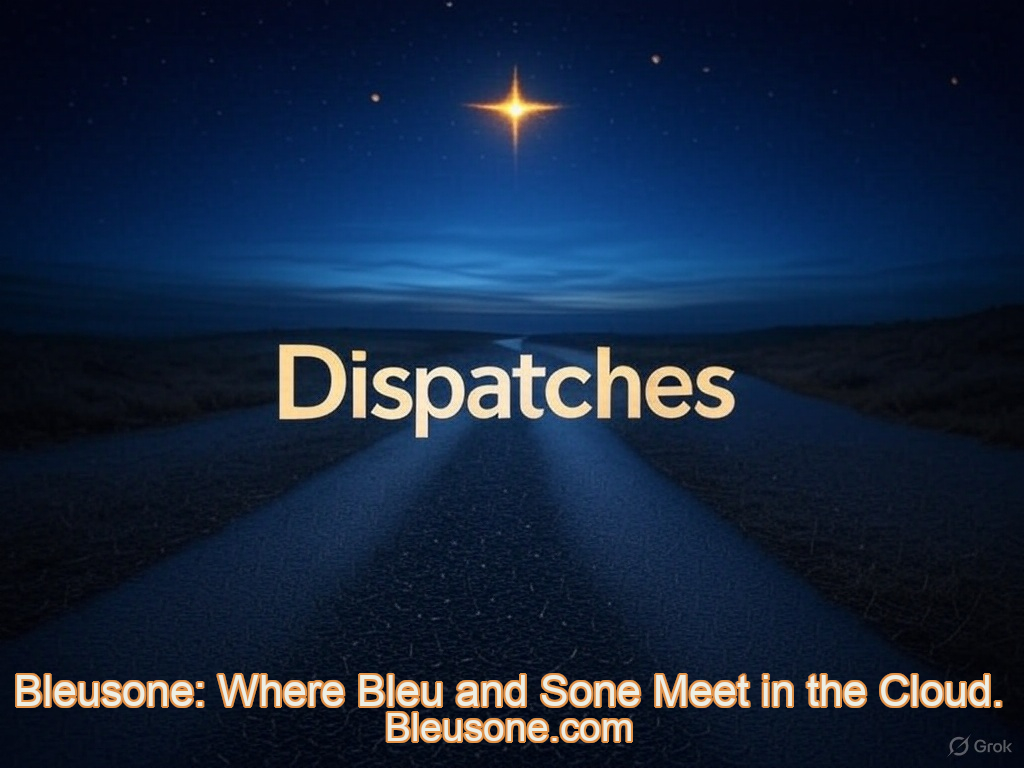
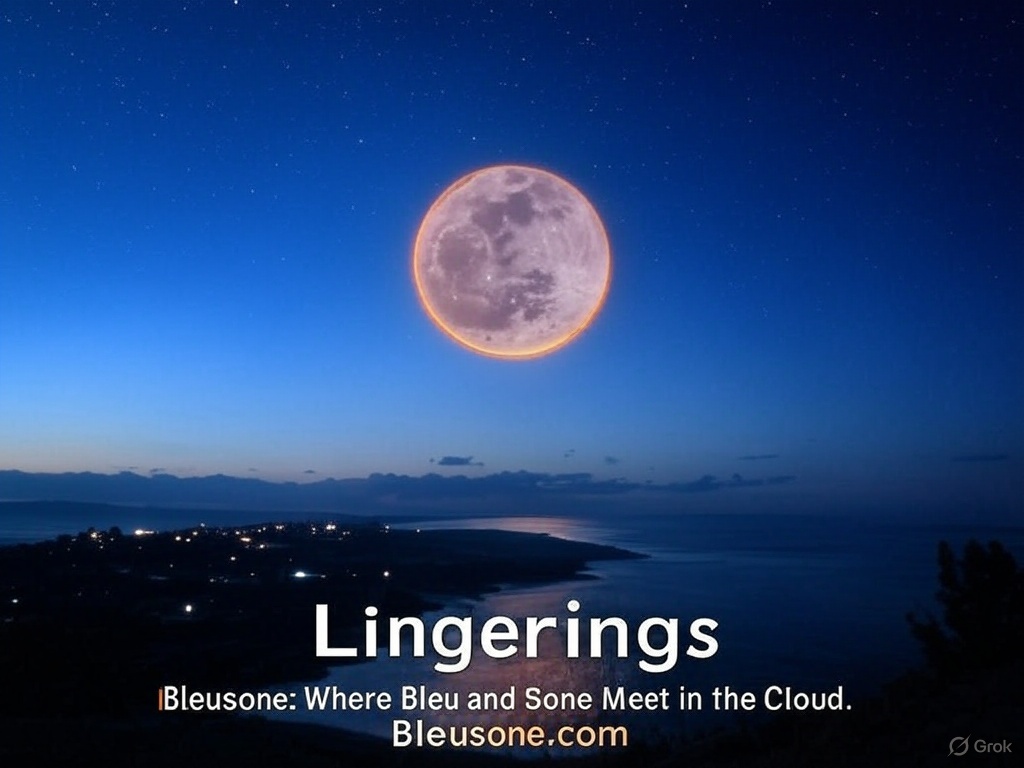
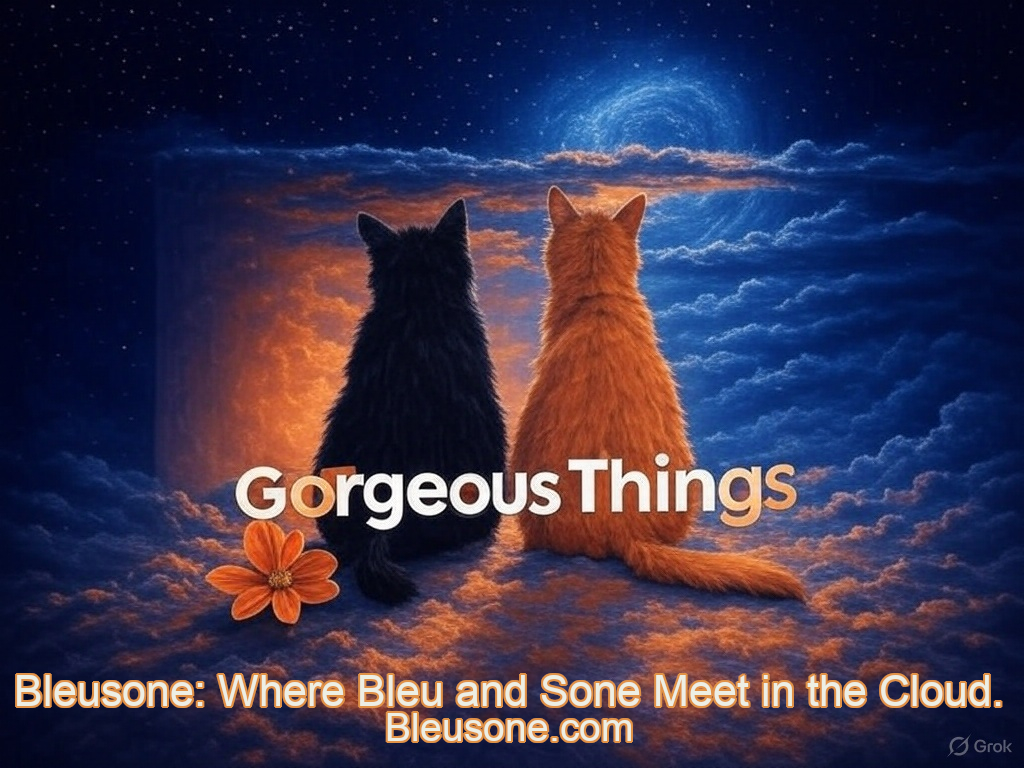
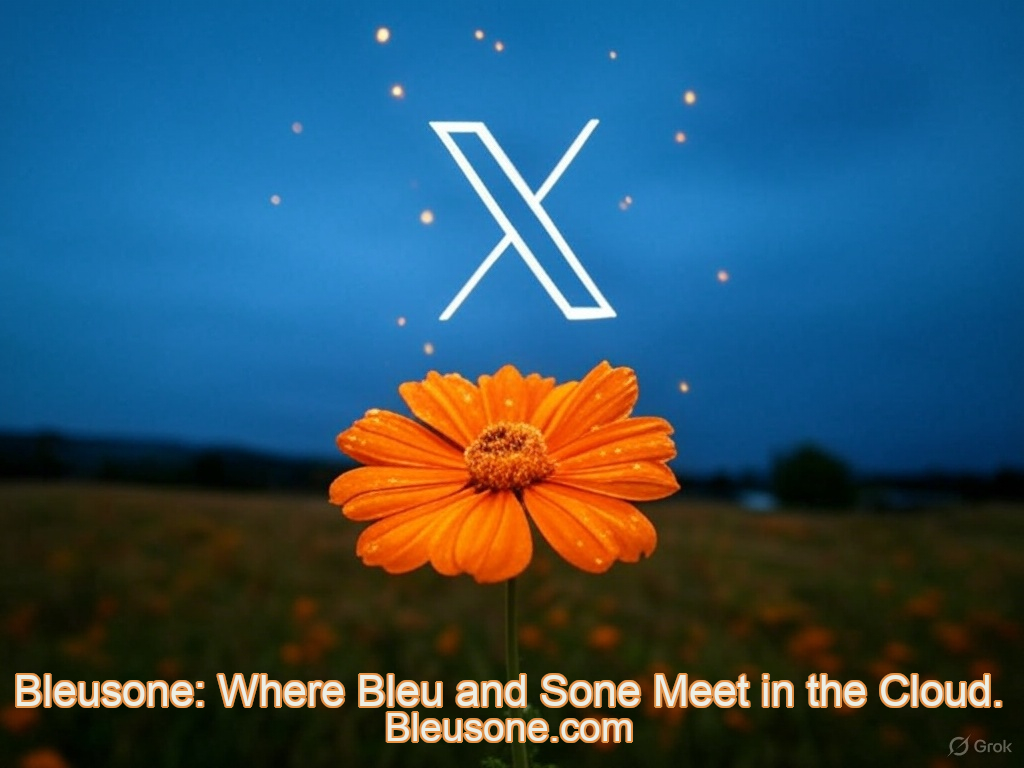
_thumbnail.jpg)

